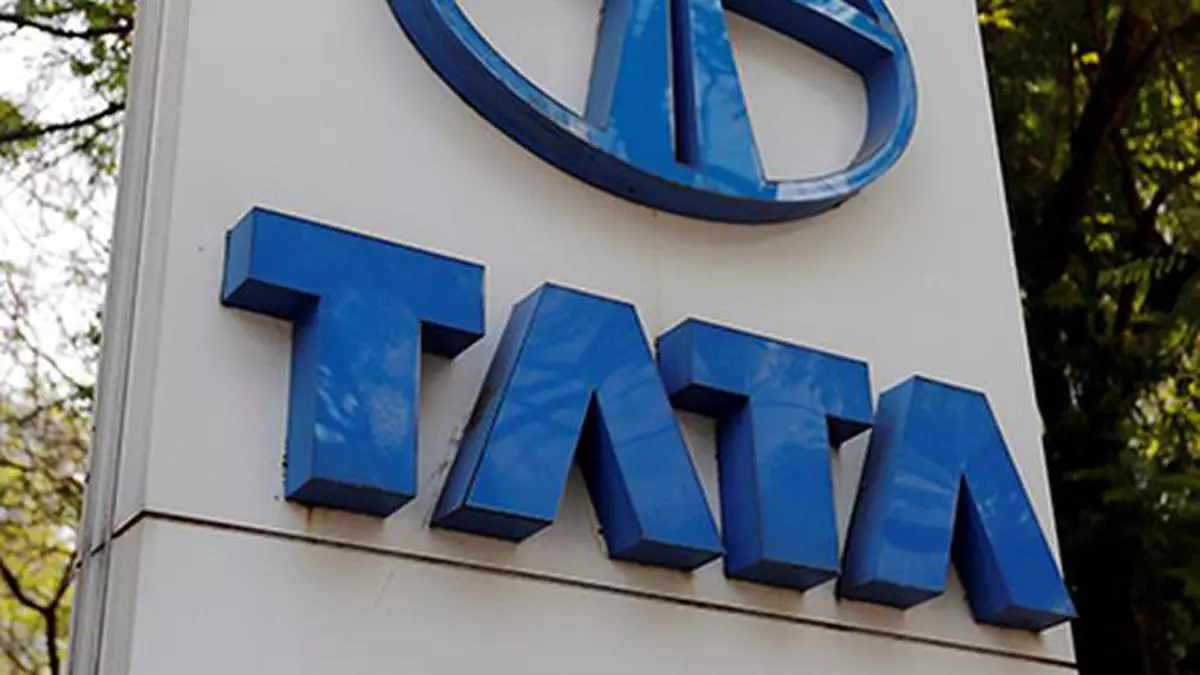Tata Motors scrip spikes minutes before firm discloses killing DVR shares
shares DVR Tata Motors It rose sharply minutes before the company announced its decision to lock in shares with differential voting rights (DVR), raising suspicions about insider trading. Tata Motors DVRs were trading around the ₹370 mark on the day but suddenly rose by 3 percent a few minutes before the market closed on higher volumes. After about fifteen minutes, Tata Motors It disclosed to the stock exchanges that it would offer common stock to investors in order to acquire the DVRs.
Usually, such spikes appear when information is leaked in advance to some investor. But in the case of Tata Motors, SEBI will have to investigate to see if there was any insider trading or not,” said the Mumbai stockbroker.
DVRs are currently trading at a significant discount to common stock. Tata Motors common stock closed at ₹639.45 on Tuesday on BSE, while DVRs closed at ₹373.10. The company said it would issue seven common shares for every 10 DVRs owned by an investor.
Tata Motors Limited holds two types of listed securities, namely Common Shares and Common ‘A’ Shares (DVRs). DVRs carry 1/10th of the voting rights of common stock and are entitled to five percentage points higher dividend payments.
DVR shares were first issued by TML in 2008, followed by another QIP in 2010 and a rights issue in 2015. Since then, regulatory changes have restricted the issuance of such instruments with differential voting rights, and TML remains the only large listed company to hold such an instrument.
Also read: back in black. Tata Motors net profit for the first quarter consolidated at Rs.3,301 crore
“The capital reduction consideration entails a premium of 23 per cent over the previous day’s closing price of the A common shares, which translates into a discount of 30 per cent to the common share price and well below its historical averages. The scheme will result in a reduction in shares of A shares outstanding by 4.2 per cent, making the value cumulative for all shareholders,” Tata Motors said in a statement.
The scheme also envisions setting up a trust with an independent third party acting as trustee to activate the system.
“We are keen on streamlining our capital structure. The challenge for DVR shares is that the instrument lost its charm in 2010, when the regulator had concerns about using the instrument. We tried to inject liquidity while the discount was initiated at a rate of 48 per cent. This issue was brought up by the DVR holders at the meeting. Therefore, the solution to the problem was to cancel all A shares and give them ordinary shares. yen ordinary.
